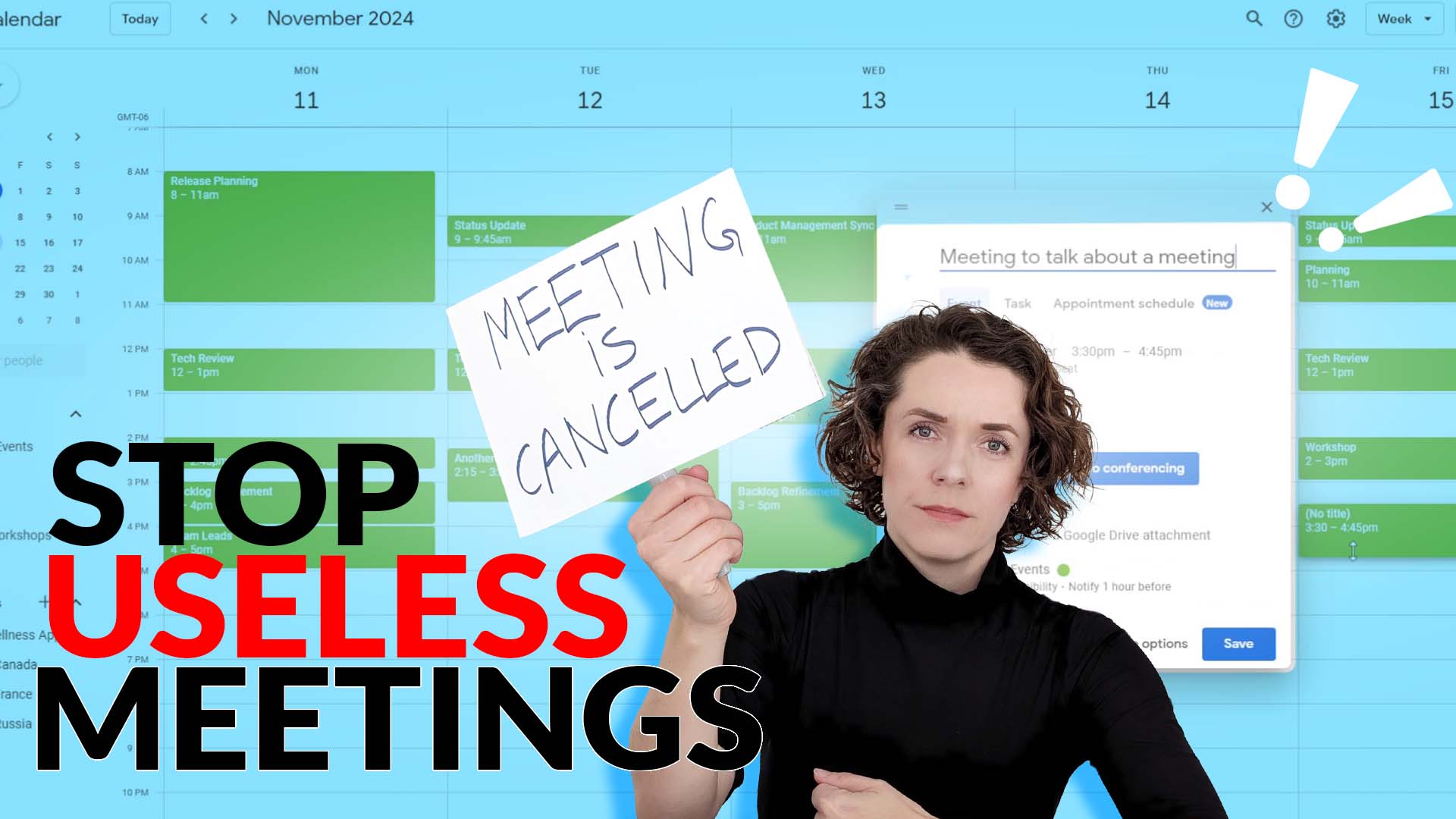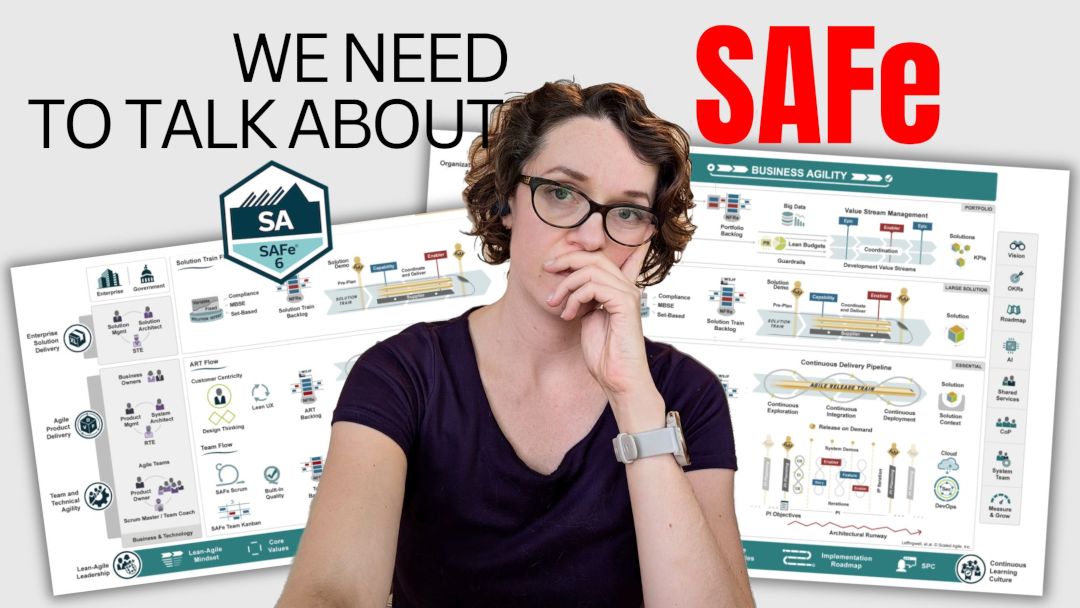When we talk about a Scrum Master, or an Agile Coach, or a Serving Leader, we often think about the coaching as the primary activity. However, there are also teaching and mentoring stances.
One of the students in my mentorship program asked me: “Teaching, coaching, and mentoring – when can each approach be used?”
It’s a great question deserving a video!
So let’s dive into the topic of helping others grow through teaching, coaching or mentoring.
Not everyone learns the same way
Every team will go through stages of development. Same every team or person will evolve through levels of maturity (such as Shu-Ha-Ri).
And depending on where the individual finds themselves on their journey, different approaches will work better.
You can’t mentor or coach someone, who doesn’t know anything about the topic. So you need to start with teaching first.
But it also doesn’t mean that if a person already has knowledge, teaching would never be an option.
It all depends on the situation and you need to be able to recognize when to apply each approach.
One rule to avoid disappointment
One of the key ideas I want to highlight is that you cannot coach someone who doesn’t want to be coached. I guess you can’t teach or mentor them either.
But coaching is often seen like something that can work in any situation, and everyone can benefit from it.
Unfortunately, it’s not true.
Same as therapists do not take patients who don’t think they have a problem, you shouldn’t force coaching on someone who doesn’t feel the need in it.
I’ll be honest, in many situations, coaching doesn’t work on me. But mentoring does!
Figure out what approach works for different people you interact with (and for YOU as well) and adjust to the situation.
Join my mentorship program
Are you ready to take the next step in your career? Let’s have a chat about my mentorship program for Scrum Masters and whether it is the right choice for you.
Book a free discovery call:



